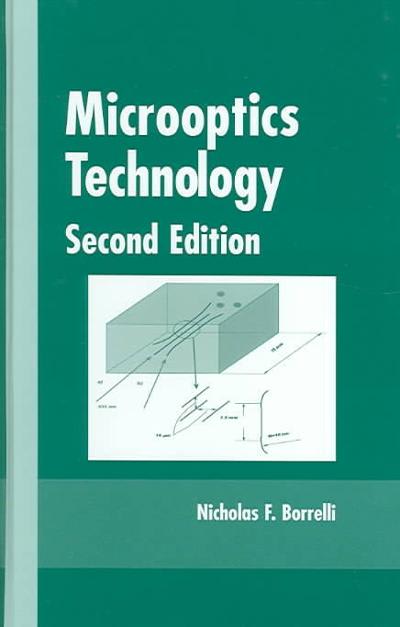Answered step by step
Verified Expert Solution
Question
1 Approved Answer
Suppose counterfactually that we had discovered a reverse Hubble law: v = Hr , where the recession velocities v were negative and their absolute values
Suppose counterfactually that we had discovered a reverse Hubble law: v = Hr , where the recession velocities v were negative and their absolute values increased linearly with cosmological physical distances r. The negative velocities would be determined from blueshifts of galaxies. The reverse Hubble law would imply a universal: a) expansion anyway. b) contraction. c) static condition. d) smoothing. e) roughening. 45. The Einstein universe is: a) finite, but unbounded. b) finite and bounded. c) infinite and unbounded. d) infinite, but bounded. e) quasi-infinite and quasi-bounded. 46. "Let's play Jeopardy! For $100, the answer is: These models were the first plausible universe models (in that they contained mass-energy) to predict the expansion of the universe." What are the models, Alex? a) Alpher-Behte-Gamow b) Einstein-Lematre c) Einstein d) Friedmann-equation e) Gamow 47. The curvature of space in Friedmann-equation models is determined by the total density parameter (i.e., total or Omega). This parameter is the ratio of total universal average mass-energy density to the critical mass-energy density. The curvature possibilities are: a) hyperbolic ( < 1), flat ( = 1), and hyperspherical ( > 1). b) hyperspherical ( < 1), flat ( = 1), and hyperbolic ( > 1). c) hyperbolic ( < 1), hyperspherical ( = 1), and flat ( > 1). d) spiral ( < 1), elliptical ( = 1), and irregular ( > 1). e) hypnotical ( < 1), sharp ( = 1), and hypercritical ( > 1). 48. The simplest e
Step by Step Solution
There are 3 Steps involved in it
Step: 1

Get Instant Access to Expert-Tailored Solutions
See step-by-step solutions with expert insights and AI powered tools for academic success
Step: 2

Step: 3

Ace Your Homework with AI
Get the answers you need in no time with our AI-driven, step-by-step assistance
Get Started


